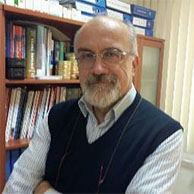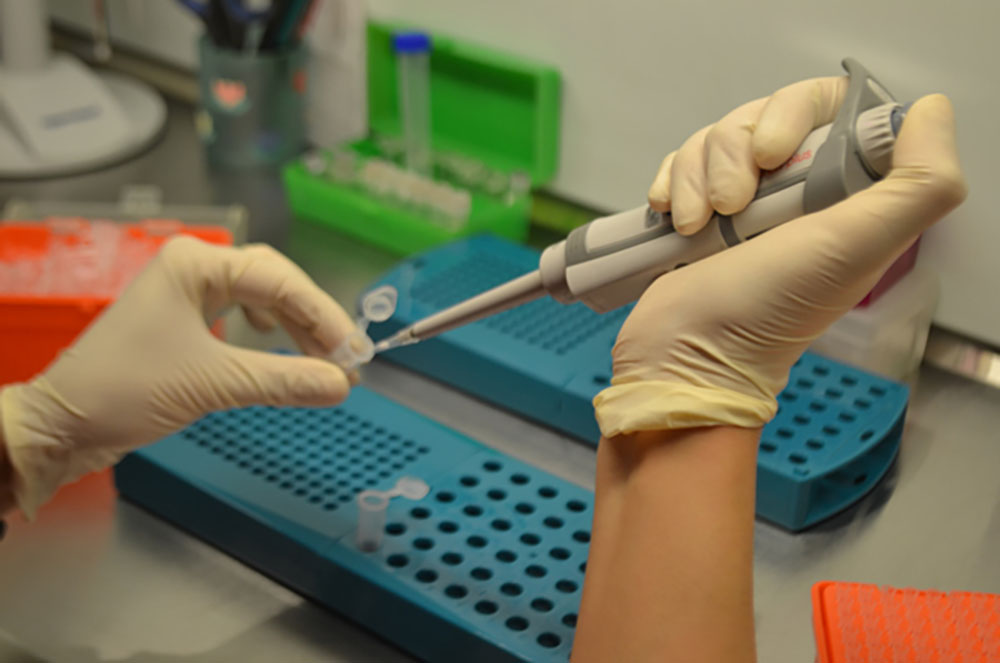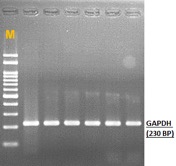



Sperm analysis of the couples who cannot have children often face a decrease in sperm movement. Indeed, if there is a serious decrease in sperm motility, the chance of pregnancy is significantly reduced. Normally, at least one third of the sperm must move forward. A large number of factors that disrupt the movement have been described. Among them the most difficult ones to diagnose are genetic deficiencies. However, recent advances in the diagnosis of genetic disorders have also helped to a great extent in the treatment of sperm disorders. The treatment of a large number of couples can now be achieved more successfully using the tests that reveal these genetic disorders.

The sperm must be fed enough to move. The most important food source of sperm is the sugar that it receives from outside. Sugar enters the sperm and breaks down energy. The processed energy activates very fine tubes (microtubule) that move the tail of the sperm. There is a need for some special building blocks to ensure that all these processes are carried out in a healthy manner. The production of these building-stones, which we call proteins, is planned by the genetic machine in the nucleus of the sperm. If the genetic background is inaccurate, this mechanism becomes inoperable and consequently sperm movement is impaired.
We now have very sensitive tests that reveal defects in the genetic plan of sperm. Thanks to these, we can better understand why the sperm movement is impaired. On the other hand, it was found that some structural defects that we could not distinguish from the classical analysis also impaired sperm movement. Newly developed genetic tests also help in this direction and reveal the main source of the problem. There is no doubt that the path of successful treatment is correct. The introduction of current developments in male infertility will significantly increase the chances of treatment. However, the most important point that should not be forgotten here is to make a specific diagnosis and treatment plan according to each patient; as the ancients said, “There is no disease, there is patient.
You can send your questions to
Prof.Dr. Kaan Aydos
Mahatma Gandhi Caddesi, 19/7 06700 Cankaya, Ankara / TURKEY
+90 312 437 3121 +90 312 508 2258